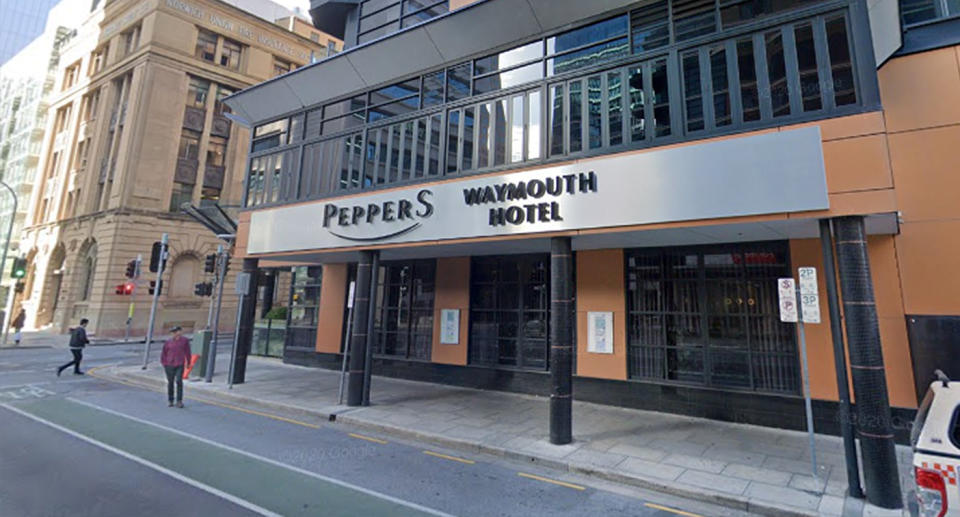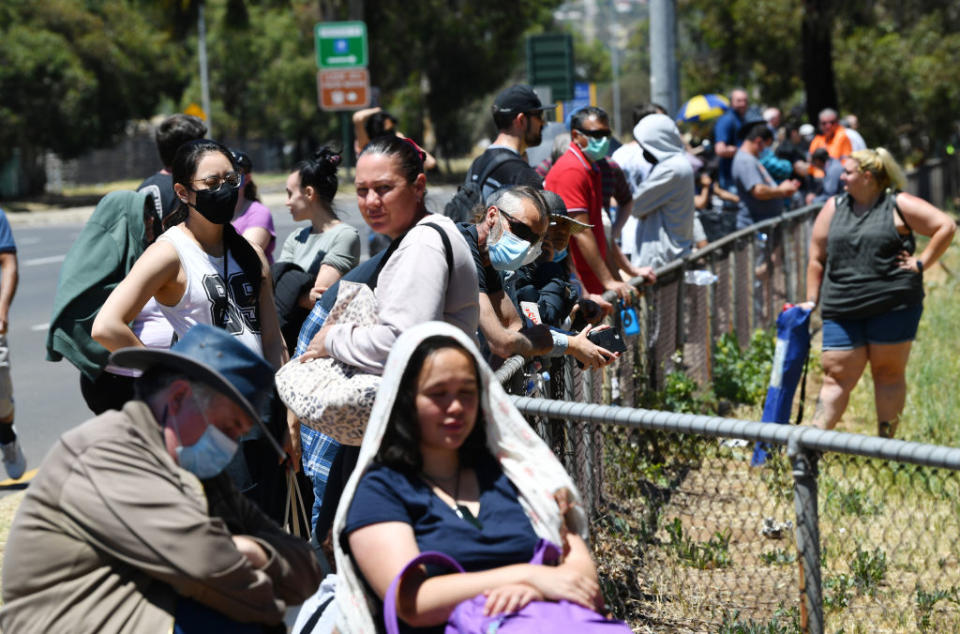'Doesn't make sense': Calls for major change to 'risky' quarantine scheme
Experts are questioning the suitability of housing returned travellers in high density cities following another quarantine breakdown as coronavirus infection rates across the globe continue to surge.
Health authorities in South Australia are scrambling to contain a growing cluster of infections after a cleaner is feared to have contracted the virus from a surface inside a medi-hotel putting up Australian residents returning from overseas.
The Peppers Hotel quarantine facility is located in Adelaide’s CBD. The cluster of cases is centred around the suburb of Parafield, 20km north, and has put the entire city of 1.3 million people on high alert.

While there is no indication of a breach in protocol, the developing situation shares a striking resemblance to the hotel quarantine failing in Melbourne which led to a devastating second wave in the city and an unprecedented lockdown for five million people.
Epidemiologist Adrian Esterman at the University of South Australia, who was previously at the World Health Organisation, said regardless of how strong protocols are, it is inevitable the virus will “leak out” from the facilities.
“One of the questions that remains is while we are having these quarantine places, why are we having these quarantine places in the middle of cities?” he told ABC Breakfast on Wednesday.
“[It] doesn't make a lot of logical sense... it is a risky place.”

Alternatives to city quarantine hotels
Professor Esterman said it would “make much more sense” to move quarantine facilities to remote locations during a time Prime Minister Scott Morrison looks to fulfil a commitment of bringing more than 20,000 Australians home before Christmas.
Professor Archie Clements, epidemiologist and pro vice-chancellor of the Faculty of Health Sciences at Curtin University, says Australia needs to think of “innovative” ways to reduce the risk to the public.
“If you look at what we did in Western Australia with the cruise ships and utilising Rottnest Island, I think innovative solutions like that [are needed],” he told Yahoo News Australia.
“The Northern Territory is also an opportunity as they’ve got an airport with facilities nearby where they can house large numbers of people.

“We’ve got to look at strategies like that if we want to move large numbers of people back.”
Prof Esterman suggested Christmas Island, which was utilised to bring back Australians from Wuhan at the beginning of the pandemic, could also be used.
Epidemiologist predicts breakdown just weeks earlier
Two weeks before South Australia’s outbreak, Prof Clements predicted Australia would suffer a further breakdown in biosecurity at one of the nation’s quarantine facilities.
However he predicted health authorities are capable of pouncing on outbreaks and said the nation will go through a repeated cycle until a vaccine emerges.
“It may happen on multiple occasions, it might be that we eradicate it and then there’s a breakdown by biosecurity, there’s an outbreak, we get on top of it and then we eradicate it again,” he said.
“That pattern is highly likely I’d say until there’s high levels of population immunity as a result of a vaccine.”
Do you have a story tip? Email: newsroomau@yahoonews.com.
You can also follow us on Facebook, Instagram and Twitter and download the Yahoo News app from the App Store or Google Play.




